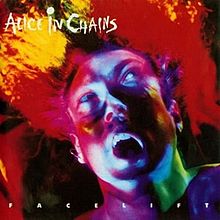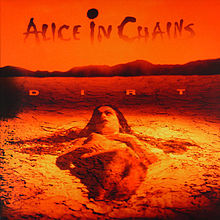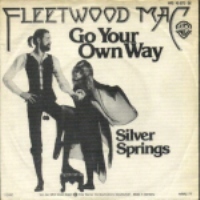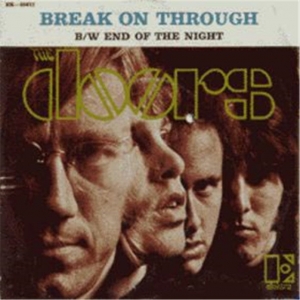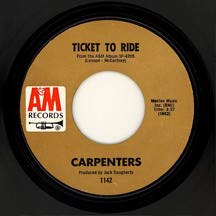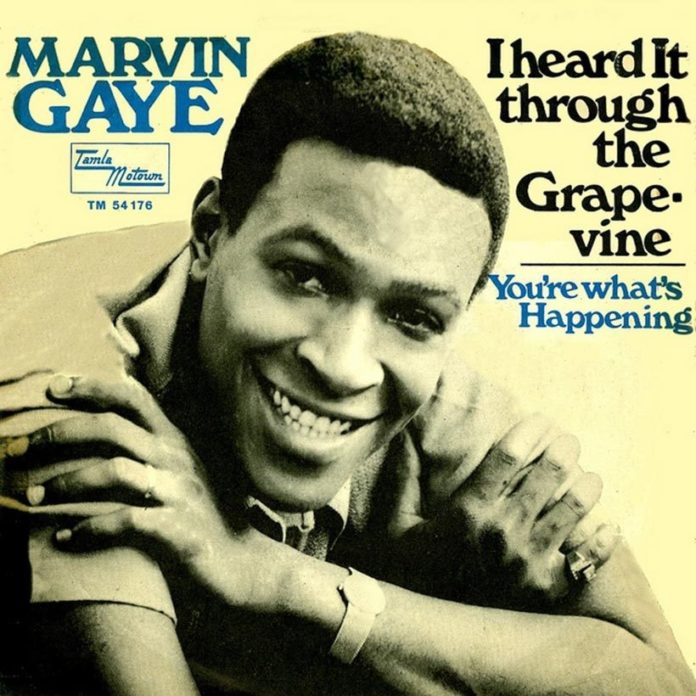Deep Purple’s Highway Star was born on a tour bus going to Portsmouth in 1971 when a reporter asked the band how they wrote songs. To demonstrate, guitarist Ritchie Blackmore grabbed an acoustic guitar and began playing a riff consisting of a single “G” repeated over and over, while vocalist Ian Gillan improvised lyrics over the top. The song was refined and was performed that same night. First appearing on the 1972 LP Machine Head, the track remains one of the band’s staples in live concerts, and was the set opener even before it was released on any album.
Layne Stanley from Alice In Chains’ “Man In The Box” and “Would?” Isolated Vocals
In a recorded interview with MuchMusic USA, vocalist Layne Staley stated that the lyrics for “Man in the Box” are about censorship in the mass media, and “I was really stoned when I wrote it. OK, then.
In 1992, Alice in Chains appeared in the Cameron Crowe film Singles, performing as a “bar band”. The band also contributed the song “Would?” to the film’s soundtrack, whose video received an award for Best Video from a Film at the 1993 MTV Video Music Awards. So, here’s “Would?”
Jim Morrison’s Isolated Vocals for The Doors’ “Break On Through (To the Other Side)”
“Break On Through (To the Other Side)” appears as track one on the band’s debut album. Elektra Records’ censors objected to the drug use implied by the repeated line “she gets high”. The original album version and all reissues until the 1990s have the word “high” deleted, with Jim Morrison singing “she gets” four times before a final wail. Live versions and more recent remastered releases have the full line restored. Regardless, classic rock radio stations and most compilations continue to use the censored version, as it is the version most familiar to listeners.
Karen Carpenter’s (of The Carpenters) isolated vocals for The Beatles’ Ticket To Ride
When siblings Richard and Karen Carpenter released their debut album in 1969, nobody could predict the enormous success they would achieve throughout the next decade. With Karen’s angelic voice and Richard’s stellar arrangements, The Carpenters became a musical force to be reckoned with. Their popularity spread from the U.S. to Europe, Japan, Australia and beyond. Even after 25 years after Karen’s death, they are one of the most recognizable pop duos in music history, and deservedly so.
Their version of The Beatles’ “Ticket To Ride” peaked at number 54 on the Billboard Hot 100 during a 12 week stay, and reached number 19 on the Adult Contemporary chart. At the time of its initial release in 1969 under the album title Offering, (with a completely different cover photo) it was a commercial failure and the record label only released this cover as a single. After the Carpenters’ subsequent breakthrough, however, the album was reissued internationally under the name Ticket to Ride and sold better – but not much.
Marvin Gaye’s “I Heard It Through The Grapevine” Isolated Vocals
Originally recorded by Smokey Robinson & the Miracles in 1966, that version was rejected by Motown owner Berry Gordy, who told Whitfield and Strong to make it stronger. After recording the song with Marvin Gaye in 1967, which Gordy also rejected, Whitfield produced a version with Gladys Knight & the Pips, which Gordy agreed to release as a single in September 1967, and which went to number two in the Billboard chart. The Marvin Gaye version was placed on his 1968 album In the Groove, where it gained the attention of radio disc jockeys, and Gordy finally agreed to its release as a single in October 1968, when it went to the top of the Billboard Pop Singles chart for seven weeks from December 1968 to January 1969 and became for a time the biggest hit single on the Motown label.
So, for all of you who have been turned down by a record label, always know even the best didn’t know what they were hearing.
Hindsight, huh?
Queen and David Bowie – ‘Under Pressure’ isolated vocals. Mind. Blown.
This week in 1982, Queen released their Hot Space album, containing this massive hit, “Under Pressure.” Fun fact: This was only the second UK #1 hit for Queen. They hit #2 with “Crazy Little Thing Called Love,” “We Are The Champions,” “Somebody To Love,” and “Killer Queen,” but their only previous #1 in England was “Bohemian Rhapsody.”
Brian May recalled to Mojo Magazine October 2008 that “It was hard, because you had four very precocious boys and David, who was precocious enough for all of us. David took over the song lyrically. Looking back, it’s a great song but it should have been mixed differently. Freddie and David had a fierce battle over that.”

